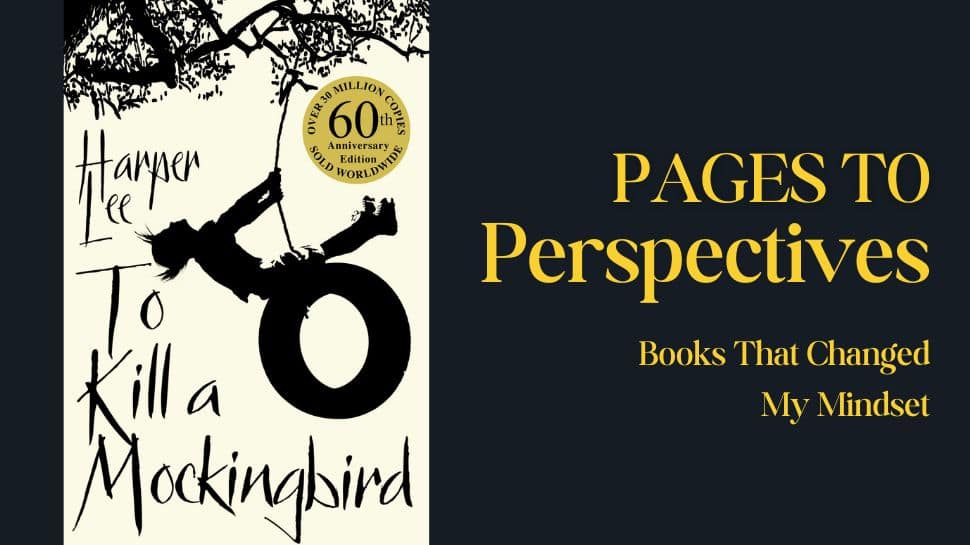To Kill a Mockingbird by Harper Lee: What if a story could hold up a mirror to the world, showing us truths about people, morality, and ourselves what we are trying to avoid? Harper Lee’s ‘To Kill a Mockingbird’ is one such book. Released in 1960, at the primary level the novel is about the story of a small town in the American South during the 1930s, but as you read, you’ll realise it’s really about human nature, morality and the quiet courage it takes to do what’s right.
The novel revolves around the story of young girl named Scout Finch who is also a narrator of the book, is trying to make sense of the world around her, the novel takes you on a journey through innocence, prejudice, justice, and empathy. And even if the book is written decade ago, the lessons and emotions it explores are still relevant today.
Here are few lessons what ‘To Kill a Mockingbird’ teaches us:
Add Zee News as a Preferred Source

Empathy Do Changes Things
One of the most important lessons in the book is about understanding others. Atticus Finch teaches Scout and Jem that to truly know someone, you have to see the world through their eyes. Sometimes, there is a prejudice, sometimes we assume things, and sometimes there is misunderstanding but all of it can be removed with empathy. Empathy will help you act with kindness and fairness, even in the moments when it’s difficult.
Courage Isn’t Always Loud
True bravery isn’t about grand gestures, sometimes it lies in quite and unseen moments. Through Atticus we learnt that standing up for justice may will lead to criticism and you will have to stand all alone to support the right, do it anyways. It shows that courage is not about what’s easy but its about doing what is right. Even small acts of honesty and integrity, especially in the face of fear or opposition, matters.
Prejudice Is Learned And So Is Kindness
The novel shows that hatred, bias, and discrimination are not natural, they are taught with time, situation and experiences. No one is born with hatred. But the book teaches us that if prejudice can be built, so is kindness. Compassion, respect, and fairness can be learned. Scout and Jem’s journey highlights that the values we absorb and pass on matter. The book asks readers to reflect on their own attitudes and consider how they can unlearn prejudice while teaching kindness in its place.
Innocence Teaches Us Truths That Adults Forget
Through the scout’s perspective, we learnt that children often see the world with honesty and clarity that adults tend to overlook. Their observations are honest, raw, and refreshingly clear, unclouded by the biases, fears, or pride that shape adult thinking. What may seem ordinary and small to grown-ups, like kindness, fairness and love, stands out vividly in a child’s perspective. Scout’s perspective reminds us that sometimes, to understand life and humanity better, we need to reconnect with that childlike clarity and empathy.
To Kill a Mockingbird is more than a story about a town, it is a reflection of humanity. It teaches us that courage, empathy, and kindness are the choices we must make every day. The book urges us to face the humanity, stop being an ‘adult’ all the time confront prejudice, stand up for justice, and listen to the quiet wisdom in ourselves and others. This timeless story by Harper lee reminds us that the real measure of a person lies not in their victories and materialistic wins but in the values they uphold, the compassion they show towards others.

